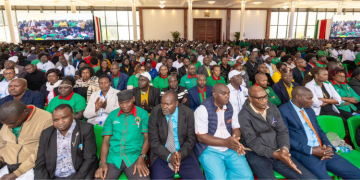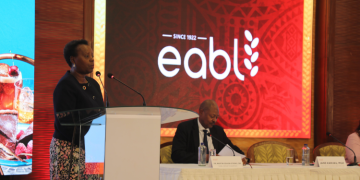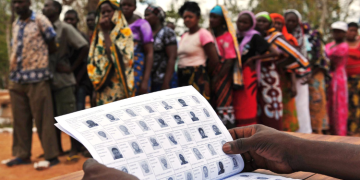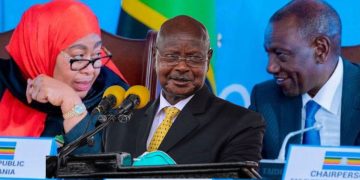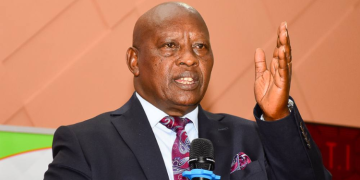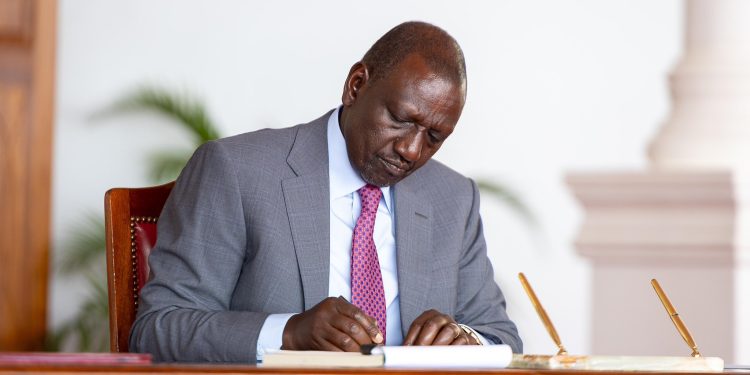The new Persons with Disabilities (Amendments) Act, 2025, provides a comprehensive legal framework for the promotion, protection, and advancement of disability rights, aligning with Kenya’s constitutional commitments under Articles 2(6), 27, 54, and 260 of the Constitution of Kenya and the United Nations Convention on the Rights of Persons with Disabilities (UNCRPD).
It affirms that disability rights are a fundamental component of overall human dignity, fostering an inclusive society that recognizes and respects disability as an integral part of human development.
The Act is a transformative step towards upholding the dignity, rights, and well-being of all Kenyans, particularly persons with disabilities. For too long, disability has been neglected, leading to stigma, discrimination, and inadequate care for some of our most vulnerable citizens. This Act directly responds to these challenges, aligning Kenya’s legal framework with the Constitution and international human rights standards.
This legislation gives effect to Article 54 of the Constitution by providing for a comprehensive legal framework for Persons with Disabilities, ensuring their rights are enforced. It has restructured the National Council for Persons with Disabilities, not only by providing for its functions and powers, but also by establishing an institutional framework for protecting, promoting, and monitoring the rights of persons with disabilities.
Also Read: Stop Looking at Us as If We Are Beggars – CEO Born with Cerebral Palsy
The Act also provides for various incentives and reliefs, allowing persons with disabilities and caregivers to be exempt from paying income tax on employment income, either wholly or partially. Initially, caregivers were unable to apply for a tax exemption. Additionally, permanent registration of persons with disabilities is now recognized, thereby eliminating the need for renewal and reassessment of disability status.
Key Highlights in the Act
- Inclusivity: The government is mandated to promote the inclusion of persons with disabilities in the public service and put in place measures to ensure that at least five percent (5%) of the employment positions are filled by persons with disability in the National and County governments.
- Enhanced Accessibility to Services: The Act recognizes the right to access services as an essential precondition for a person with a disability to participate fully and independently in all aspects of life. Persons with disabilities are entitled to a barrier-free and disability-friendly environment that enables them to access buildings, roads, and other social amenities, as well as assistive devices and other equipment to promote their mobility and independence.
- Improved Quality of Life: By addressing discrimination, ensuring accessibility, and promoting participation, the Act aims to improve the overall well-being and quality of life for Persons with Disabilities.
- Use of Dignified Language: By emphasizing dignity and respectful language, the legislation seeks to combat stigma and discrimination associated with mental health conditions. It calls on all sectors to foster a culture of acceptance and understanding.
Also Read: Ruto Announces Nationwide Police Recruitment for 2025
- Disability Mainstreaming: The Act encourages the integration of disability considerations into all aspects of government and public life. For instance, law enforcement agencies and institutions shall take into consideration the disability of a person when making an arrest, during detention, during investigation, at trial, or during confinement. Further, every national or referral health institution shall employ at least two (2) Kenya sign language interpreters with gender consideration in their institutional structure. The legislation also instructs learning institutions to take into account the needs of persons with disabilities with respect to the set entry requirements, pass marks, curriculum examinations, auxiliary services, use of school facilities, class schedules, physical education requirements, and other similar considerations.
- Funding and Enforcement: Any donations, bequests, subsidies, or financial aid made to institutions or organizations involved in programs for persons with disabilities and registered with the Council are eligible for deductions when computing taxable income for the donor. Furthermore, the Cabinet Secretary responsible for finance may provide incentives to local manufacturers of assistive devices used by persons with disabilities to assist them with raw materials, inputs, and imported capital equipment.
This article was written by the International Center for Policy and Conflict.
Follow our WhatsApp Channel and X Account for real-time news updates.

